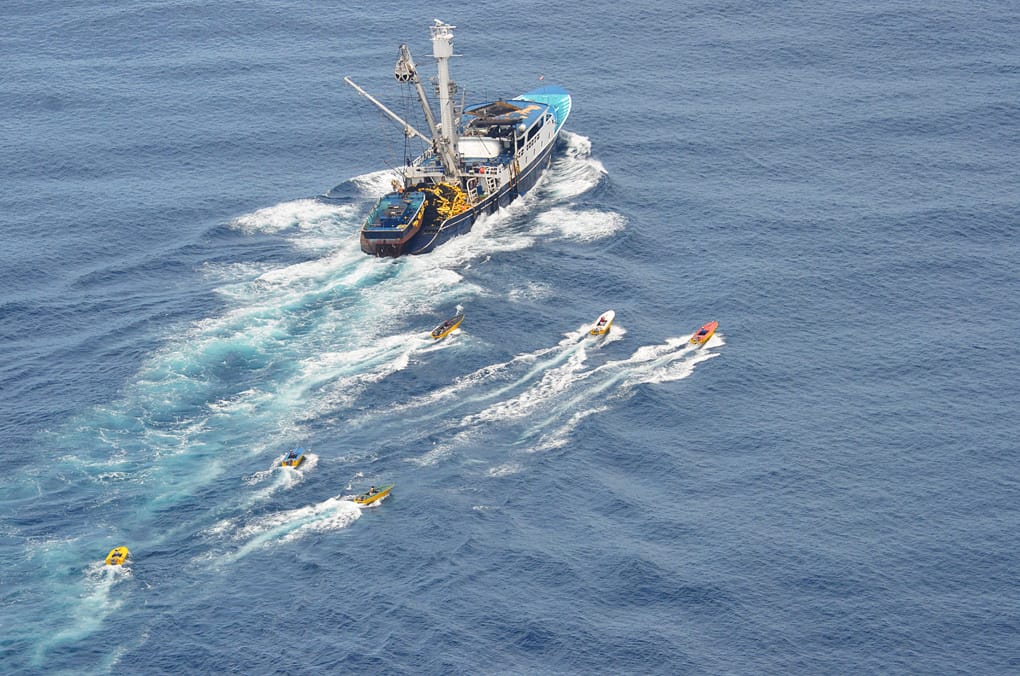Costa Rica, Panama, Colombia, and Ecuador are developing a joint roadmap to curb the exploitation of oceans, focusing on the fight against illegal, unreported, and unregulated fishing. More than 50 representatives from the four countries met in Panama to exchange legal frameworks and technological tools to combat illegal fishing, a regional problem that threatens marine biodiversity and jeopardizes the livelihoods of thousands who rely on fishing.
The objective of the meeting was to improve regional coordination and craft joint legal and operational strategies to counter this crime. “By sharing best practices and experiences, our countries will be able to strengthen the use of protocols and technology to combat illegal fishing. This is an excellent example of international cooperation within the CMAR,” said Tamara Gómez Marín of Costa Rica’s Ministry of Foreign Affairs.
Participants in the event analyzed real-world cases, reviewed regulatory gaps, and explored monitoring technologies and legal enforcement mechanisms. The agenda included keynote presentations, simulations, legal exercises, roundtable discussions, and the drafting of a regional action plan.
Alonso Fraire-Cervantes, Latin America manager for WildAid’s Marine Program, stressed that illegal fishing directly threatens the sustainability of marine ecosystems and coastal communities. “At WildAid, we believe that addressing this challenge requires collaboration between institutions and disciplines to strengthen their capacities and thus achieve effective protection of marine biodiversity and responsible use of fishery resources,” he said.
In Costa Rica, an estimated 2,000 to 3,200 people depend directly on commercial fishing, according to the Costa Rican Institute of Fisheries and Aquaculture (INCOPESCA). An additional 13,000 jobs are tied to the sport fishing industry, which also contributes significantly to tourism and the national economy.
This initiative is part of the project “Strengthening Monitoring, Control, and Surveillance in the CMAR,” funded by the Bezos Earth Fund and implemented by Fundación Pacífico with strategic partners. It is also co-financed by the Canadian government through WildAid to support marine protection and coastal community resilience in the Eastern Tropical Pacific.






